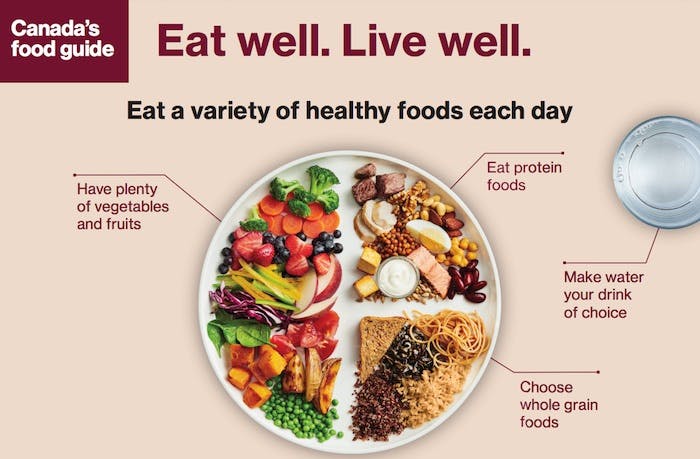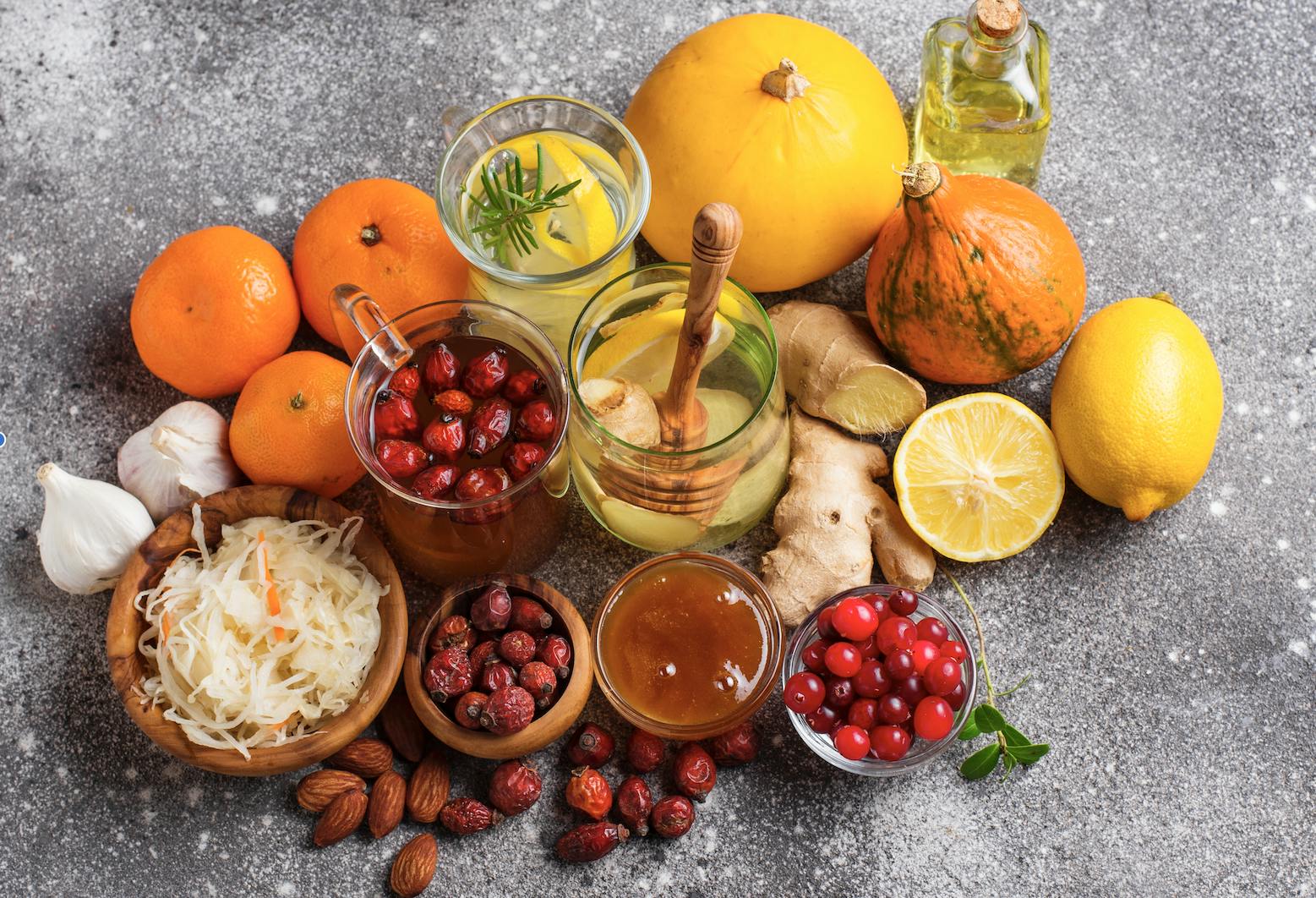- Category
- Mental HealthNutritionlifestyle
- DateMay 16, 2024
- AuthorMeaghan Kennedy
- Read Time10 Min

How I stopped Binge Eating: 8 Helpful Tips to Overcome Binge Eating
Disclaimer
I have chosen to write this article in response to an increasing number of requests for assistance in overcoming binge eating and losing weight. It is important to clarify that I am not a psychologist or a registered dietitian, which means I do not have the legal qualifications to devise meal plans or provide nutritional guidance for addressing binge eating. Those seeking guidance on this topic from me will be respectfully declined and encouraged to seek help from a psychologist.
This article reflects solely my individual experiences. The strategies I share for managing binge eating are based on my journey and may not necessarily be effective for everyone.

Since my earliest memories, I have grappled with the challenge of binge eating. It seemed that social gatherings, particularly those held at my grandparents' home or during church events, heightened my tendency to engage in these behaviours. By the age of fifteen, this had developed into a weekly ritual, commencing from Friday nights onwards. During these occasions, I felt as though I had been granted permission to indulge, even when I was already uncomfortably full. Astonishingly, I recall engaging in this pattern as early as nine years old, convincing myself that I would start eating healthily the following Monday. I distinctly remember being twelve years old, eagerly preparing for a Thanksgiving dinner at my grandparents' house by doing numerous crunches and various abdominal exercises in an attempt to counterbalance the inevitable binge eating that would transpire throughout the evening.

Understanding the origins of this behaviour is crucial in tackling binge eating. Speaking from my own experience, I firmly believe that my behaviours were learned and influenced by those around me. I observed and emulated adults within my immediate and extended family, many of whom also struggled with binge eating, particularly during special occasions. However, I distinctly remember one family member who seemed to have a healthier relationship with food. She would consume smaller portions and stop eating when she felt full—a concept that was difficult for me to grasp. These behaviours were ingrained in me as I grew up.
Boredom, sadness, and stress served as triggers for my binge eating. From as early as age 15 until age 21, my binge eating episodes would typically start on Friday nights and persist until Sunday night. This pattern gave me the sense that weekends were a free pass, a time when I felt that calories, fat, sodium, and sugar didn't matter. Come Monday, I would try to "be good" with my eating habits.
Upon reaching 21 years of age, I had a moment of awareness where I came to terms with the fact that I had an unhealthy relationship with food, and that something needed to change. This realization coincided with me feeling extremely unhappy with my weight. Despite my efforts, including attempts at the keto diet, calorie restriction, and skipping meals, I couldn't understand why my weight loss never seemed to be sustainable. It felt as though I had exhausted all of my options, yet still couldn't seem to keep the weight off.
After realizing the connection between my access to certain foods and my likelihood of binge eating, I made changes in my approach to food.
8 Helpful Tips to stop Binge Eating:
-I stopped buying and keeping food in the house that I knew I was more likely to binge on. This meant no chips, no pastries, etc. in the house.
- I focused on preparing my meals at home using quality and nutritious ingredients that required more effort to cook.
- I reduced the frequency of eating out and started incorporating food groups I had previously restricted, such as carbs, into my diet.
-This shift in mindset was further solidified when I pursued studies in nutrition at the age of 27. Through my education, I gained insight into the psychological aspects of binge eating, learning that labeling foods as "good" or "bad" can intensify our desire for the latter. I began to embrace the idea that while some foods are more nutritious than others, enjoying less nutritious options occasionally is not inherently "bad." This newfound perspective allowed me to indulge in foods like pizza or cake when the craving arose, rather than limiting myself to a "free pass" only on weekends. As a result, I found that my desire for these foods diminished over time.

- I learned to be kinder to myself when I ate something considered "bad" or when I had a binge episode. Instead of berating myself, I acknowledged the behavior and proceeded with my usual eating habits. I no longer punished myself through excessive exercise or skipping meals.
-Another strategy I learned while studying nutrition was to be more present while eating. I cut down on the mindless scrolling through my phone while eating meals and watching TV.
- I learned my portion sizes by using Hand Portion Sizes and the Canadian Food Guide Plate pictured above. (left for desktop)
- I gained an even deeper understanding of my exact portions by tracking my macros with an app. This is something I recommend doing after working with a psychologist or when you feel your mindset has changed.
In Conclusion
I firmly believe that a transformation in societal beauty norms played a significant role in altering my mindset. From childhood up to the age of 23, there existed an expectation for women to maintain an extremely thin physique. Throughout my teenage years, I strived to achieve a weight of 120 lbs and fit into a size 2, despite reaching my adult height of 5'10" at the age of 15. However, by the time I turned 24, I noticed a shift in these beauty ideals. The vogue for an ultra-slim figure was gradually replaced by an emphasis on toned muscles and a more curvaceous backside. The promotion of body positivity gained momentum, and I began to witness women of my stature and larger being represented in the media.
While certain individuals on social media may attempt to normalize behaviors like consuming an entire cake in one sitting, it's crucial to resist this perspective. Partaking in a slice of cake at a birthday celebration is reasonable, but making a habit of regularly indulging in an entire pizza or cake is not conducive to good health.
Understanding the appropriate portion sizes for your body is essential. Portion sizes significantly impact your well-being, as consistently consuming excessive amounts of sugar, sodium, saturated fat, and the like can lead to health conditions such as diabetes and heart issues.
I firmly believe that the skill of intuitive eating is something that many individuals need to learn. Before delving into nutrition studies and monitoring my macronutrient intake, my default eating habits leaned heavily towards consuming copious amounts of bread and pastries throughout the day. This inclination makes sense when it reflects how you were taught to eat and never grasped the ability to recognize cues of fullness. Additionally, insufficient consumption of protein and vegetables can lead to increased food intake, as empty carbohydrates like white bread and donuts fail to provide lasting satiety. Such a dietary pattern is far from ideal, especially for those engaged in weightlifting or anyone striving for overall health and disease prevention.
My mindset transformation largely hinged on shifting away from an all-or-nothing mentality and viewing my diet as a sustainable lifestyle rather than a temporary endeavor. Reflect on your past weight loss experiences: How long did the results last? Is there a pattern of weight fluctuation in your history? Simply because a method yields results does not guarantee it is either beneficial for your health or a viable long-term solution. Real progress emerges when you shift your mindset towards viewing your diet as a lifelong commitment rather than a quick fix. This shift is key to achieving enduring results.
You may also like
Hypothyroidism is a common condition that affects millions of people worldwide. The thyroid is responsible for regulating the metabolism. When the thyroid is not working, the metabolism drastically slows down. With some nutritional and lifestyle changes, hypothyroidism won't stop you from achieving results.
Fat loss is a journey, and it's important to know how to lose fat the right way. We all want to look good and feel great, but if you're trying to do it by starving yourself or working out for hours every day, you might be hurting your body more than helping it. In this article, I discuss six different ways you can lose weight healthily and sustainably.
Metabolism is a critical component of weight management, and it slows down as you age. But that doesn't mean you're doomed to gain weight as time passes—plenty of ways to speed up your metabolism once you're over thirty. This article has compiled my top five ways to boost your metabolism.



